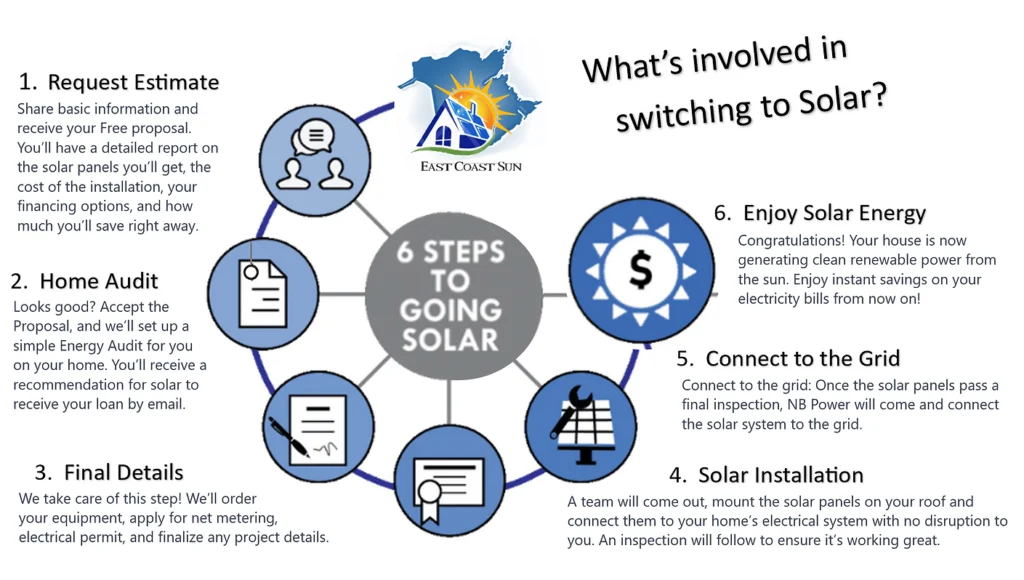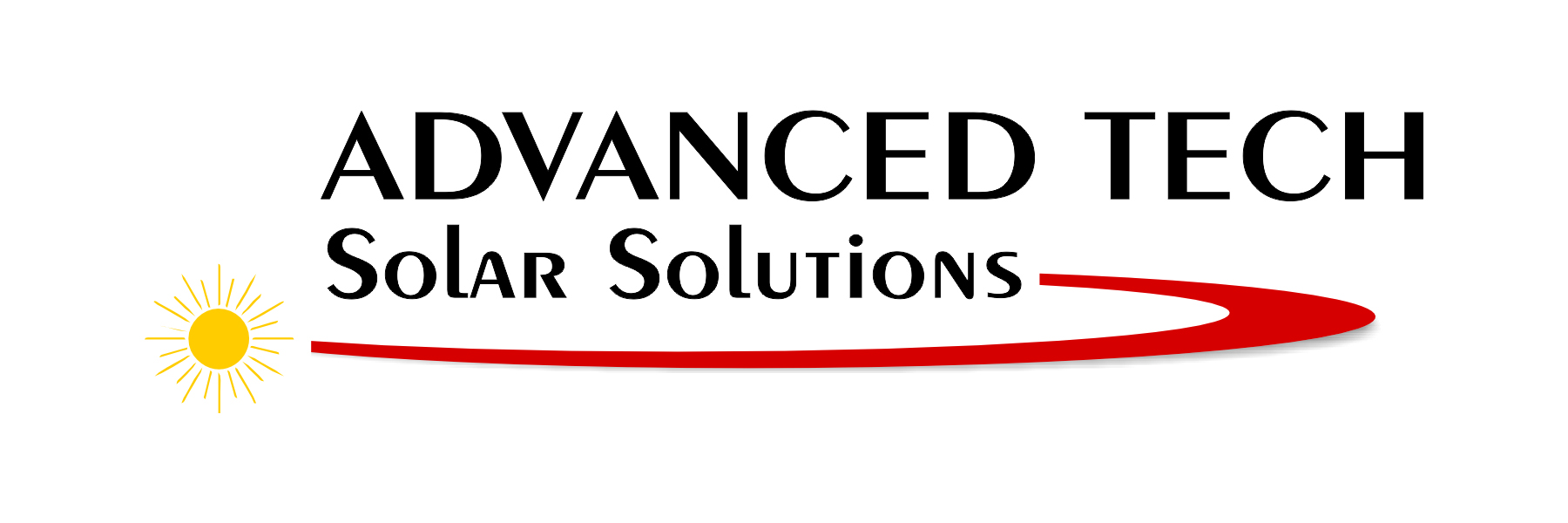The Benefits to Generating Your Own Solar Energy
Reduce or Eliminate
Your Electricity Bill
For Canadian home owners, other than the mortgage, the next most expensive bill is electricity. Solar systems can generate free electricity from sunlight, giving you significant life time savings and reducing or eliminating your electricity costs.
Increase the Value of Your Home
According to data research, a home with a solar system can increase its value by 3% to 4%. A solar system allows the owner to build equity in their home and buyers looking to lower their energy costs might consider a solar home more of an investment opportunity.
Government Incentives and
Interest Free Loans
There are provincial and federal incentive programs where you can receive up to $3000 rebate on your solar install. The government also offers a 10 year, interest Free loan, from $5000 to $40,000 towards your solar system
Your Energy Independence
As the price of electricity continues to increase, more and more home owners are considering generating their own solar energy. A solar system will provide you energy independence from the continual rising rates of electricity and the lack of traditional energy sources
Switch to Solar in New Brunswick
Will the government actually pay for my installation?
Will I really pay Less right away?
And I can do this without any money up front?!
Why doesn’t everyone have solar?!
If you’re tired of high power bills and ready to have more freedom and more
money to enjoy it, find out how to make the switch right here.

Curious what solar looks like on your home?
Fill out this form and we'll send you an estimate.
How Solar Works?
The process starts with solar panels, typically composed of photovoltaic (PV) cells made of semiconductor materials. When sunlight hits the solar panels, the PV cells absorb the photons, creating an electric field. This generates a flow of direct current (DC) electricity.
To make the electricity compatible with home or grid use, an inverter is used to convert the DC electricity into alternating current (AC). AC electricity can then power appliances, lights, and other electrical devices in the home. Excess electricity generated by the solar panels can be stored in batteries for later use or fed back into the grid, often through a process called net metering, allowing homeowners to earn credits for the surplus energy.
Overall, solar power relies on the conversion of sunlight into electricity, providing a clean and sustainable energy source for various applications.

1290 Hanwell Road
Fredericton, New Brunswick
E3C 1A7
Local Phone: 506-472-1800
Toll Free: 1-800-689-3434
Email: [email protected]
